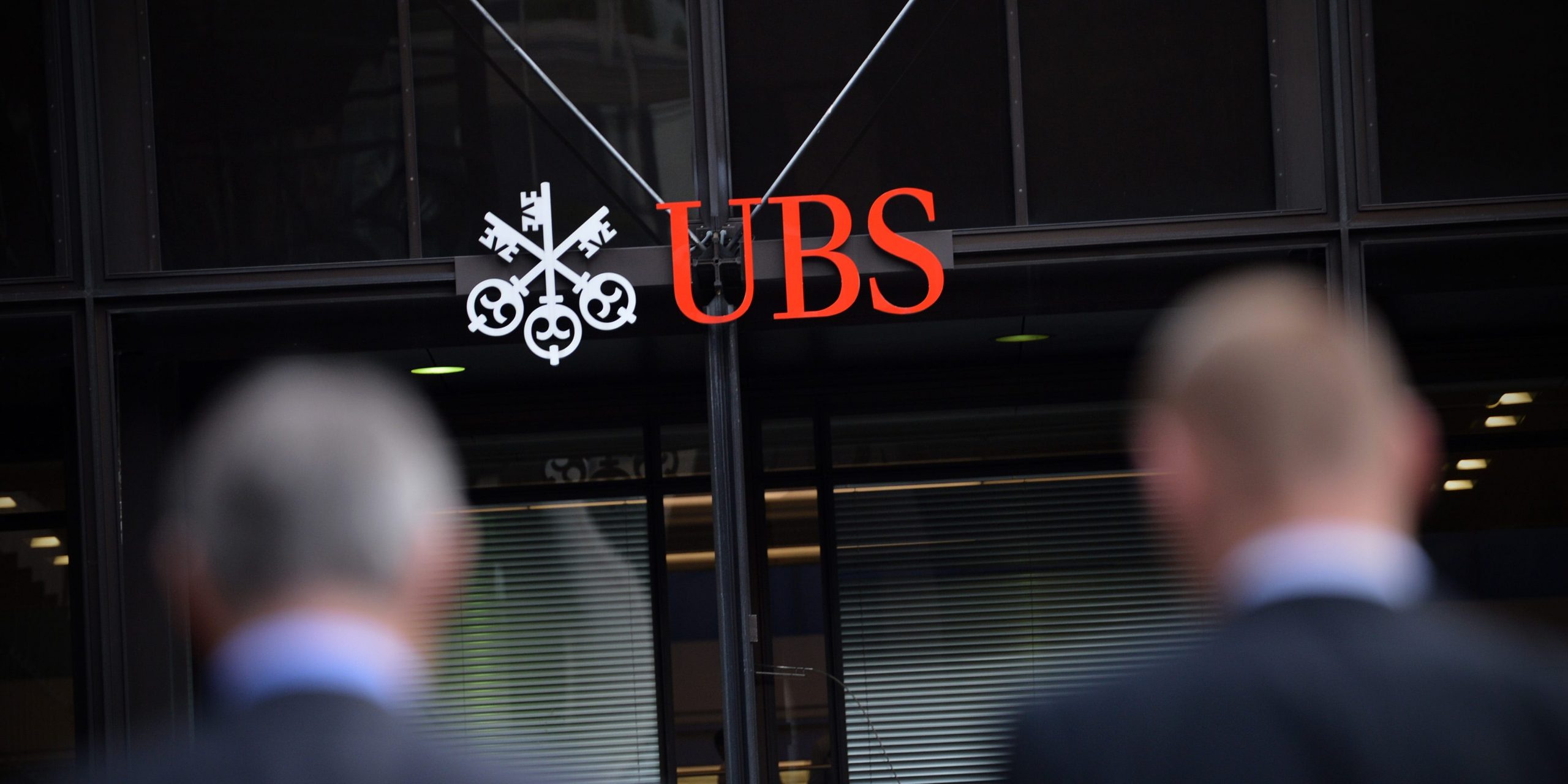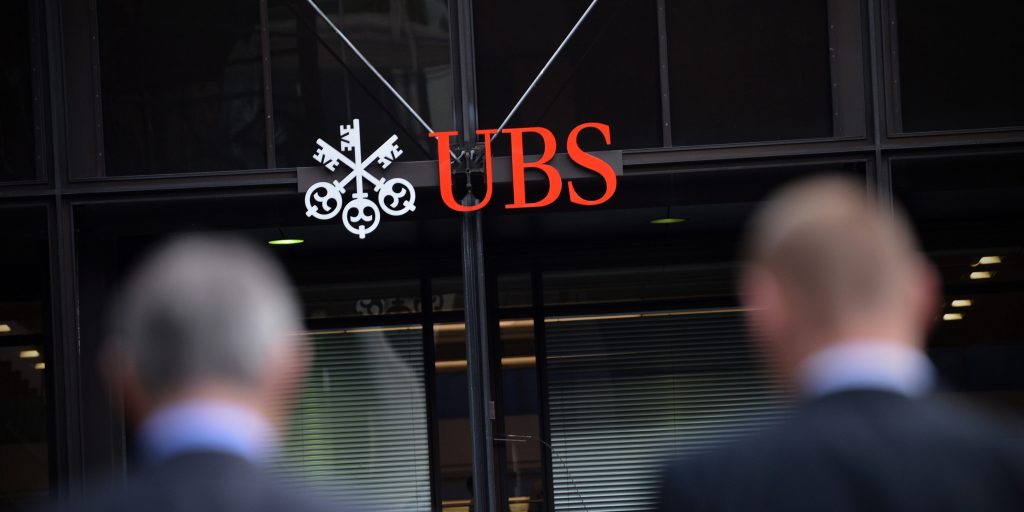
- UBS has reached an $8 million settlement with the SEC for failing to protect investors in an exchange traded product.
- The VXX ETP disclosed in its prospectus that, historically speaking, it doesn't generate returns in the long run, instead profiting from short bouts of volatility.
- A lack of restrictions led some UBS financial advisors to buy VXX for clients for extended periods, sometimes over a year.
- Sign up here for our daily newsletter, 10 Things Before the Opening Bell.
Switzerland's UBS has reached an $8 million settlement with the SEC after it failed to protect investors from a complex product that led to near-guaranteed losses.
Proceeds from the settlement will go back to investors burned by UBS's lack of protections. The bank's stock rose 4% on Tuesday after reporting a 63% jump in profits, fueled by its wealth management division.
"Advisory firms must protect clients from inappropriate investments in complex financial products," said Daniel Michael, head of the SEC's Complex Financial Instruments Unit, in a statement.
At issue is an exchange-traded product called VXX, designed to track short-term volatility in the S&P 500. VXX, which simulates VIX futures, disclosed in its prospectus that, historically speaking, it doesn't generate returns in the long run. Instead, it profits from quick bouts of volatility. In February 2020, for example, the pandemic panic sent VXX spiking 489% in a month.
Staffers were well aware that holding VXX for more than a few days would all but guarantee losses, according to SEC filings. So UBS restricted who could hold the product: risk-tolerant clients worth $10 million who specifically requested it.
But there was a loophole. UBS's financial advisory unit was allowed to buy VXX on behalf of clients, as long as holdings didn't exceed 3% of account value, but dozens of UBS financial advisors went above the 3% limit in hundreds of client accounts.
The lack of restrictions led some financial advisors to hold VXX for extended periods, sometimes over a year. Predictably, losses followed. The worst-hit clients lost over 75% of their initial investments in the VIX-linked product, according to the SEC.
UBS eventually realized some of its financial advisors did not understand how VXX worked, leading the bank to ban advisors from holding the product in 2017.
